Rules you must follow to improve your training
The training process for improving the physical condition of any athlete requires following guidelines and an order to achieve this development. Here we leave you a series of rules so that you have a clear idea of how to improve.
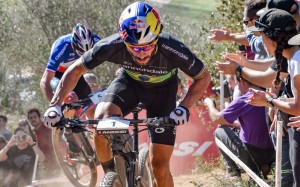
11 rules to optimize your training
1.Above all, we are people
This is one of the most basic principles that we must have as trainers, and that is, above all, we are working with people, with their work and personal lives, with all that this means in terms of obligations and pace of life.
For this reason, we must first and foremost bear in mind that we have people in our hands and then athletes (in this case, cyclists), with whom we must empathize with their schedules and personal limitations.
RECOMENDADO
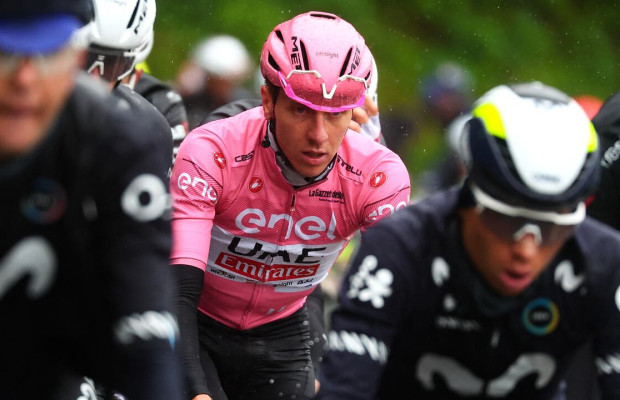
Tips for staying motivated to go out riding when cold, rain or night lurk

Can I go cycling with the flu or a cold?
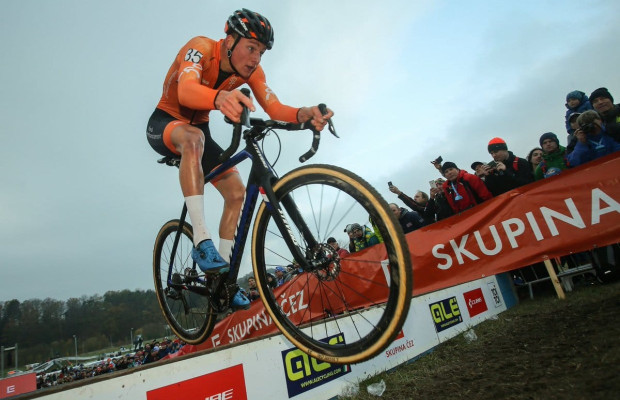
He invented the idea of jumping over the planks, which earned him a World Championship against Van der Poel
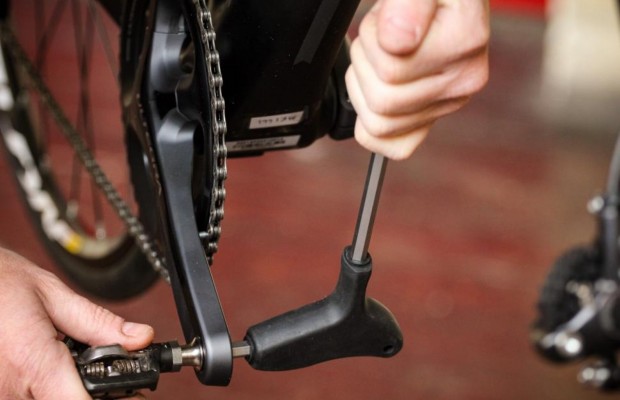
How to change the pedals of any bike in 5 steps
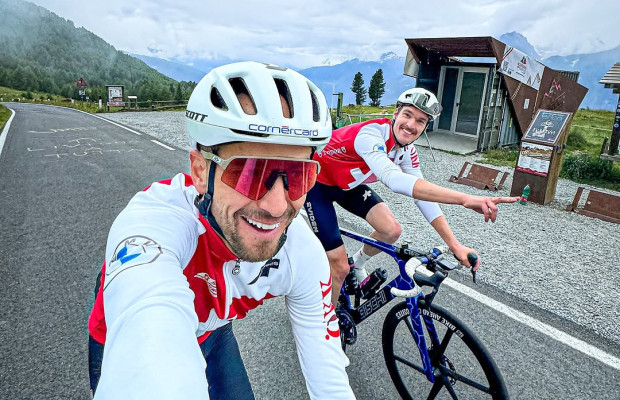
Is it possible to do base training when time is short?
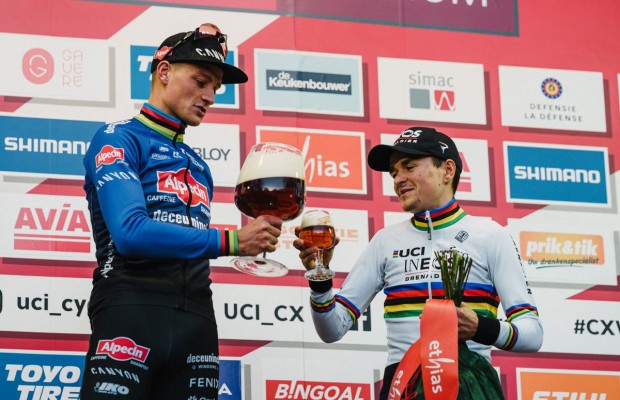
Alcoholic beverages with the fewest calories
It is therefore important to understand that our body has limits, when it comes to endurance, speed, and strength. These should not be reached too often and the feeling you should have at the end of most workouts is that you could have done more than what was planned.
If, on the contrary, you approach this limit too often, and do so for prolonged periods of time, you will be exceeding the body's adaptation capacity and will exceed the consistency of the training.
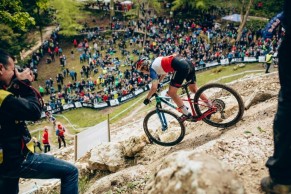
2.Commitment to objectives
Achieving annual objectives is a 24-hour task and 365 days a year of dedication where it not only depends on training but also on your lifestyle, depending on the level of demand you have. It will vary, for example, how you eat, sleep, work…
Commitment to objectives is crucial, but we all have a comfortable level of commitment, where finding personal balance with training and the rest of your personal life is also part of this commitment. It is important to be realistic with these objectives, without wanting to go from "0 to 100" in 2 months, to put it in a way.
3.Consistency
Interruptions in training consistency are usually the result of not following another commandment that we will talk about later: listening to your body. If we exceed in training for a period of time we can add extra fatigue to our workload, get sick or injured.
Training consistently without exceeding, is the path to a constant improvement of physical condition and a higher performance in competition, the key element that we are pursuing with training.
The key to this consistency is the moderation of the workload combined with adequate rest.
4.Rest
During rest periods is when our body adapts to the training load and the stress that this entails, making it stronger. Without rest, there is no improvement because there is no adaptation. This must be clear, very clear.
As the stress of training increases, rest becomes more and more necessary. Most cyclists understand this concept but simply understand it mentally, not emotionally, since many times when they are scheduled for a small rest period, most do not understand this moment, but if you want to improve, you must rest.
5.Planning
Athletes do not reach their maximum performance randomly or by chance, on the contrary, most work with a training plan structured by a trainer or that they themselves "self-execute".
A solid training plan is basic to improve in almost all initiatives and facets of life, and yet, few self-trained cyclists have it. It is proven that most athletes improve if they follow a plan consistently, any plan, but that they follow it for a certain period of time to see its fruits.
Sometimes these plans can have a poor design or structuring, but even so, they work. Therefore, it is always important to follow said plan and not abandon it in order to check whether or not the proposed objectives have been met.
6.Train in a group, how much and how?
Sometimes going out to ride with a group is beneficial in terms of motivation since we are above all in a social sport. Training with people develops a series of skills that going out individually does not work: it provides experience in race dynamics, improves bike handling skills and makes "passing" time much faster, especially in road cyclists.
But sometimes we are not interested in going out in a group because the pace of this group is too high or too low to be able to follow your training plan well. In addition, if we have some kind of fractionated or interval work, it is very unlikely that the group members will accept this type of work and we cannot go together in training.
We must know when to go out in a group and when not to, for example, in the accumulation period it is interesting to go out in a group as long as you can ride comfortably in it. On the other hand, in competitive or specific periods where different components of the training must be developed more specifically, it is better to ride alone or with partners who have similar jobs.
7.Reach the maximum
Our planning and work plan should lead us to an optimal physical condition for the most important tests on our calendar. In this, we must prioritize which are the important races and the less important ones, arriving in the best possible conditions in the first ones than the second ones.
A skilled cyclist uses the second races to gain experience and rhythm in competition, or simply to check his physical condition. If all the races on our calendar are important, we cannot expect maximum performance in all of them, it is a matter of priorities.
8.Improve weak points and reinforce the good ones
Most cyclists or athletes spend a lot of time working on aspects that are already good, for example: a climber spends hours training with unevenness, it is true that it will be his main skill and it must be improved with increasingly specific work.
Above all, these athletes must identify their weak points and try to improve them without neglecting the aspects where they already stand out. It is a matter of understanding "our limitations". Once these are identified, the mental condition is as or more important than the physical condition where we must face these limitations without fear and work on them.

9.Trust your training
To give you confidence in what you are doing session after session during the year you should evaluate your training during the season, and not only in competition, but also with field tests or stress tests. These can show us what physiological evolution you have had in relation to other moments of the season and in the case of the stress test, carried out by a sports doctor, it will even indicate your general health status, an important and indispensable element.
There is nothing worse than believing that you are progressing well to achieve your goal and then, on the day of the race, thinking that you are not physically prepared. This is why the importance of training evaluation and trust in the plan, since if these tests do not come out as they should, you can redirect it, but above all, trust in planning.
10.Our body is smart
Most of us do not make a living with cycling and its competition, therefore, do not get frustrated if you do not get that result you were so eagerly awaiting and appreciate why it has not arrived. It is important to listen to our body as it often gives us "signals" that we must interpret and know how to apply the correct correction.
Respecting the rest periods as we have said before or not doing that last series that we had planned because we are exhausted from work is also part of the training.
11.Individualize your training
This is essential to be able to evolve and improve. If you work with a trainer, it is something that is not even questioned, if you "self-train" is something that you must take into account and is that the individualization of training zones based on your thresholds or other variables is basic.
Without being able to individualize the intensity or volume it is very easy to accumulate a lot of fatigue by not having your training zones properly adjusted, which will make it much easier to reach a situation of overload or overtraining, where we do not want to arrive if we want to improve our physical condition.
Knowing these basic guidelines can help you improve small details that will be important in the future to perform better. Many times "less is more".